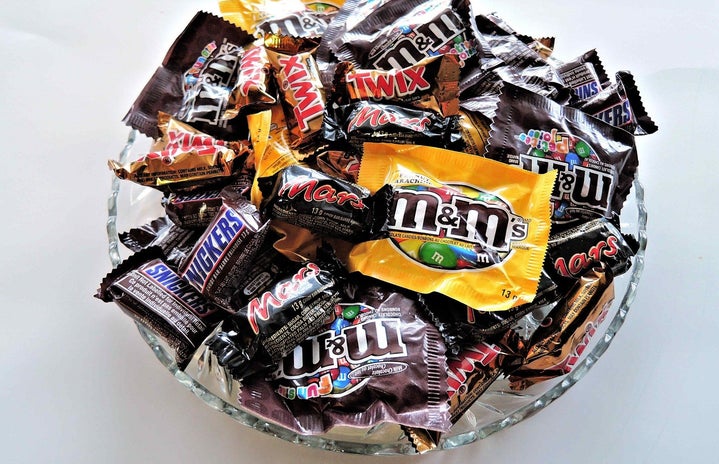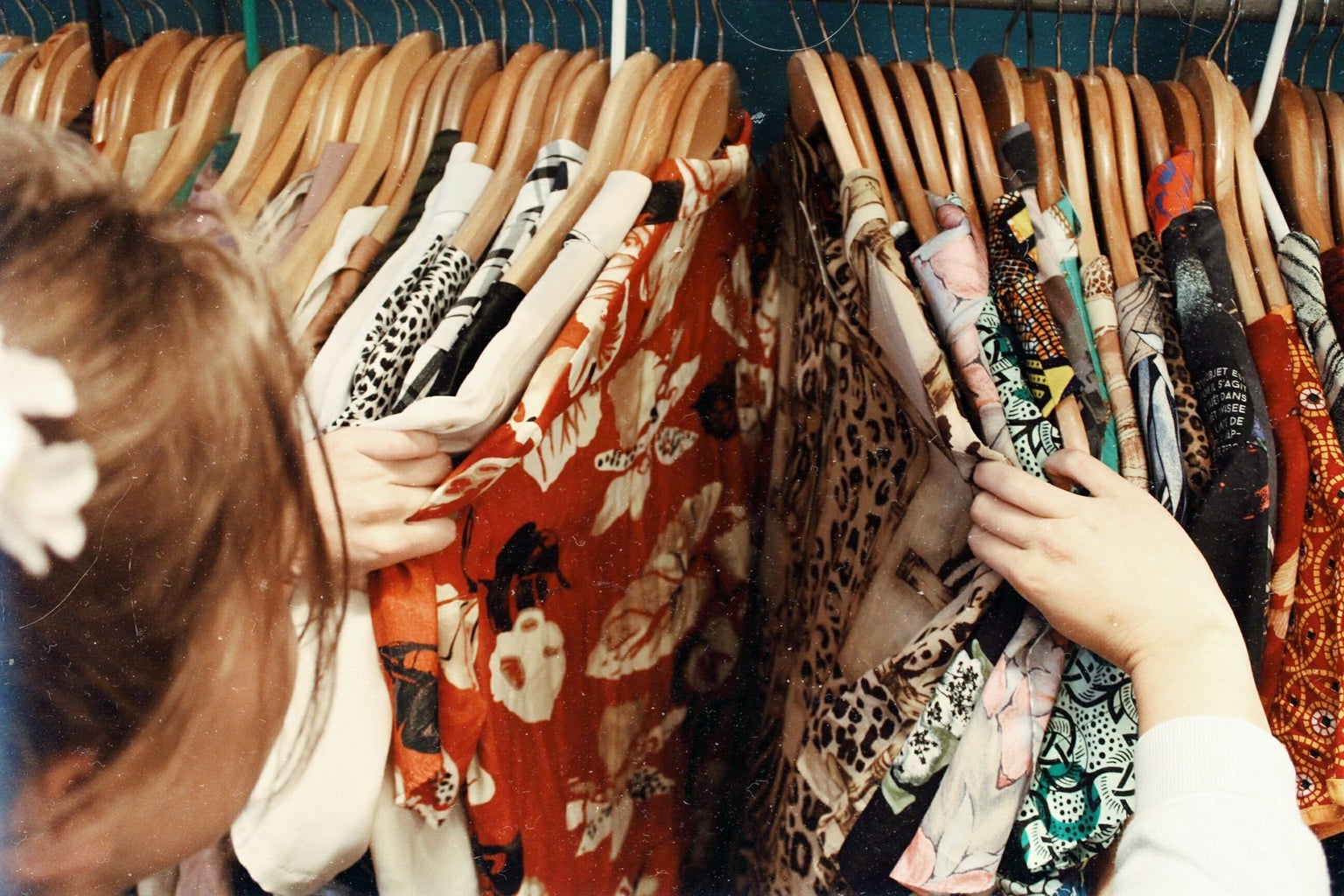From freshly baked chocolate chip cookies to a simple candy bar, chocolate seems to be present in many people’s lives. It is easy to forget where the goods most people purchase come from in the first place due to the ongoing effect that consumer culture has on people’s lives that makes them think more about the product rather than how it was made.
As of now, many people are aware of the term “fast fashion” as companies like Zara or H&M have been known to overproduce clothing to keep up with current trends. Consequently, in trying to keep up with the ever-changing trends, their workers are vastly underpaid to the point where these companies have become sweatshops.
While people still buy from the fast fashion industry, there has been a rise in people participating in more eco-friendly trends like thrifting and knowing which company is a fast-fashion company. Food, on the other hand, many people forget the concept of buying from an ethical source.
When it comes to luxury food, such as chocolate, many people just consume a Hershey’s chocolate bar rather than understanding how the farmers harvests the cocoa beans and whether it was in an ethical way or not. When made unethically, it has been deemed “blood chocolate.”.
“Blood chocolate” is a term coined on the premises of chocolate being made with child labour or unpaid human labour. According to Holly Bancroft in an article from the Independent, when it comes to the subject of child labour, many of the children in question are trafficked. It is estimated that 1.56 children are used to harvest cocoa in the Cote D’Ivoire and Ghana. Because of this, many of these workers end up paying with their lives due to the extreme unsafe working conditions.

Pressure coming from labour-rights activists helped push these chocolate companies such as Hershey’s and Mars to sign an agreement called the “cocoa protocol” which banned the practice of child labour. However, in more recent news these same companies, plus Nestle, have been revealed that they have broken the “cocoa protocol.”
It is estimated that 1.56 children are used to harvest cocoa in the Cote D’Ivoire and Ghana.
While there are companies that harvest cocoa beans in an ethical way, such as Tony’s Chocolonely, that brings up issues in the chocolate industry such as the exploitation of human labor when it comes to harvesting. Yet, as many ethically sourced goods have higher prices many people tend to no splurged on something so simple like a chocolate bar. And so their money goes towards these companies that exploit labor as it is cheaper to buy.

The bigger picture is when a person buys a chocolate bar, the reason behind it is through a “treat yourself” mentality. Although the concept of self-care is important, the issue is when it merges with consumer culture. As many consumers are caught up with the hype of the product, many forget how the product was made.



